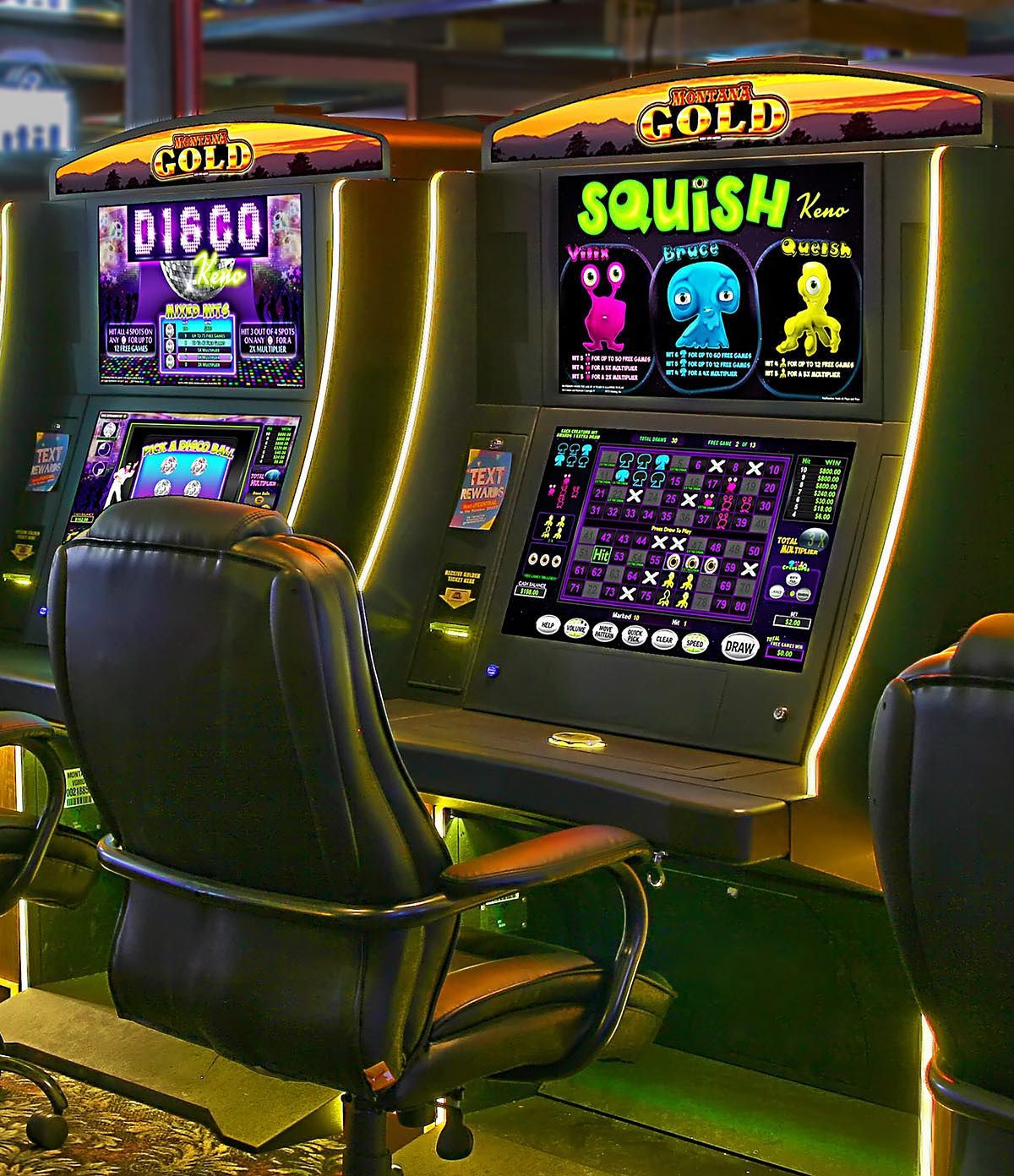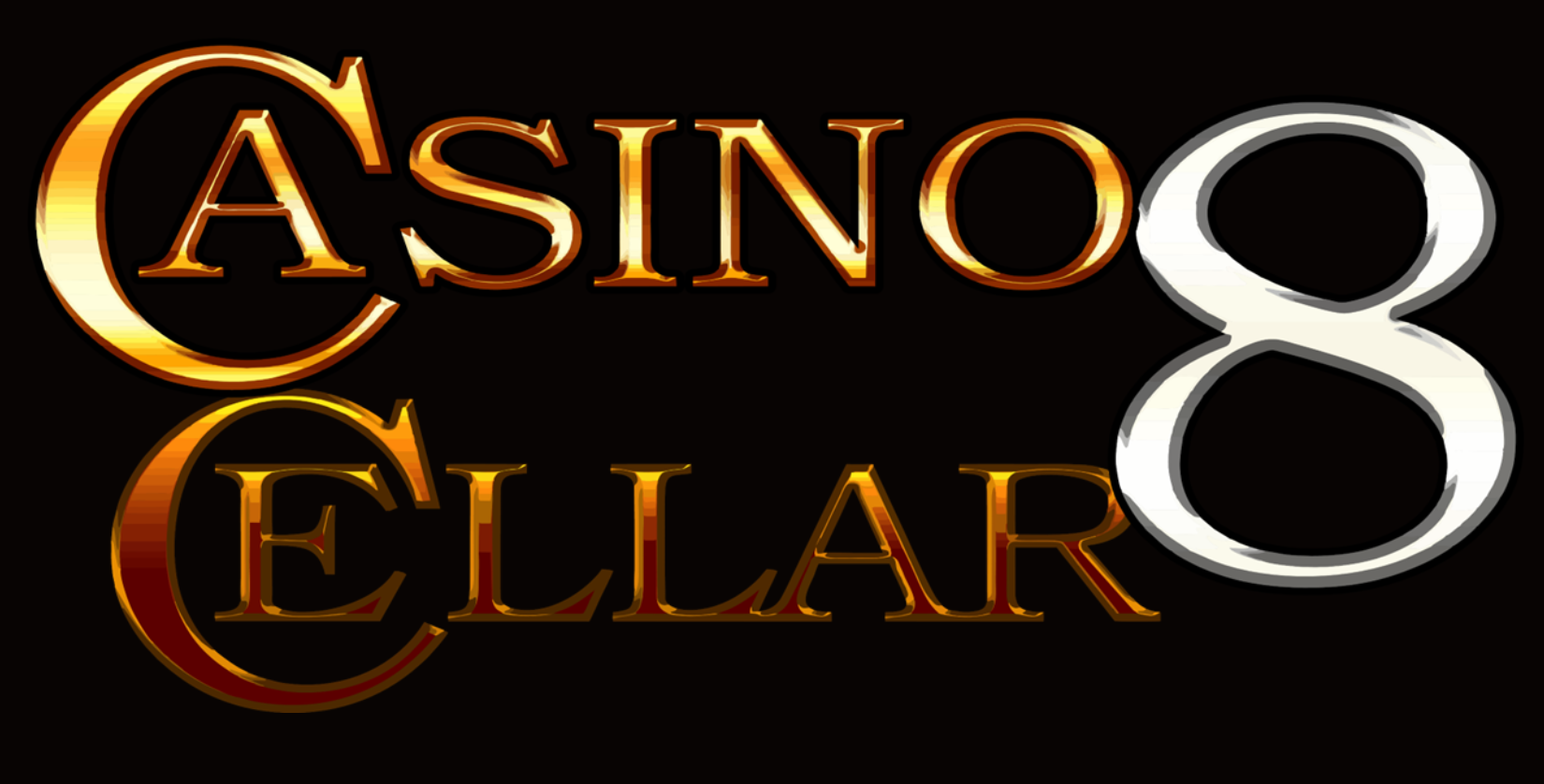The History and Evolution of Modern Casino Gaming
The allure of gambling has captivated humans for centuries. From the earliest dice and betting games in ancient civilizations to the sophisticated casinos of today, the journey of casino gaming reflects both societal trends and technological advancements. Initially, gambling served as entertainment, a way for people to test their luck and skill. Over time, what started as informal games in homes and public spaces transformed into organized establishments with elaborate rules, vibrant atmospheres, and cutting-edge gaming technology. Understanding the history and evolution of casino gaming provides insight into the dynamic entertainment industry we know today.
The Early Days and Rise of Casinos
Gambling has roots that extend thousands of years. Ancient civilizations such as Mesopotamia, China, and Egypt used dice, tiles, and rudimentary cards to wager on outcomes, often in religious or celebratory contexts. In medieval Europe, gambling became more organized, with dedicated gaming halls appearing in cities and towns. By the 17th and 18th centuries, formal casinos began to emerge, particularly in Italy and France, offering games like roulette, baccarat, and card games to the elite. These early casinos emphasized social interaction, elegance, and leisure rather than purely profit-driven models.
Technological Advancements and Game Innovations
The 20th century brought significant changes to casino gaming. The invention of slot machines revolutionized the industry, allowing players to enjoy quick and automated games. Casinos in Las Vegas and Atlantic City became synonymous with glamour, luxury, and entertainment. Electronic gaming, online platforms, and mobile apps later expanded accessibility, enabling people to engage with casino games without visiting a physical location. Innovations such as live dealer streaming and interactive gaming experiences bridged the gap between traditional and digital gambling, creating a seamless blend of excitement, strategy, and convenience.
Regulatory Changes and Responsible Gaming
Alongside technological growth, regulatory frameworks evolved to ensure fairness, safety, and responsible gaming. Governments worldwide implemented licensing requirements, oversight bodies, and player protection measures. Casinos also began emphasizing ethical practices, transparency, and responsible gambling initiatives. These changes enhanced public trust, promoted sustainability in the industry, and helped integrate casinos as legitimate entertainment destinations rather than controversial gambling dens.
Cultural Impact and Modern Casino Experiences
Modern casinos are more than gaming floors—they are immersive entertainment hubs. Beyond classic table games and slots, many establishments offer concerts, fine dining, and themed attractions. Casino culture has permeated popular media, from movies to literature, reflecting society’s fascination with risk, reward, and strategy. The evolution of casino gaming mirrors broader societal trends, combining tradition with innovation, elegance with accessibility, and social engagement with individual thrills.
Casino 8 – A Legacy of Excellence in Billings
The history and evolution of
casino gaming demonstrate how this industry has continually adapted to societal preferences and technological innovations. Today, establishments like Casino 8
in Billings, Montana, embody this rich legacy, offering guests a modern and entertaining gaming experience. With 11
years of experience, Casino 8
combines traditional casino excitement with contemporary innovations, ensuring that every visitor enjoys a secure, thrilling, and memorable experience. From classic table games to state-of-the-art slots, Casino 8
continues to honor the history of gaming while shaping its future in the heart of Montana.



